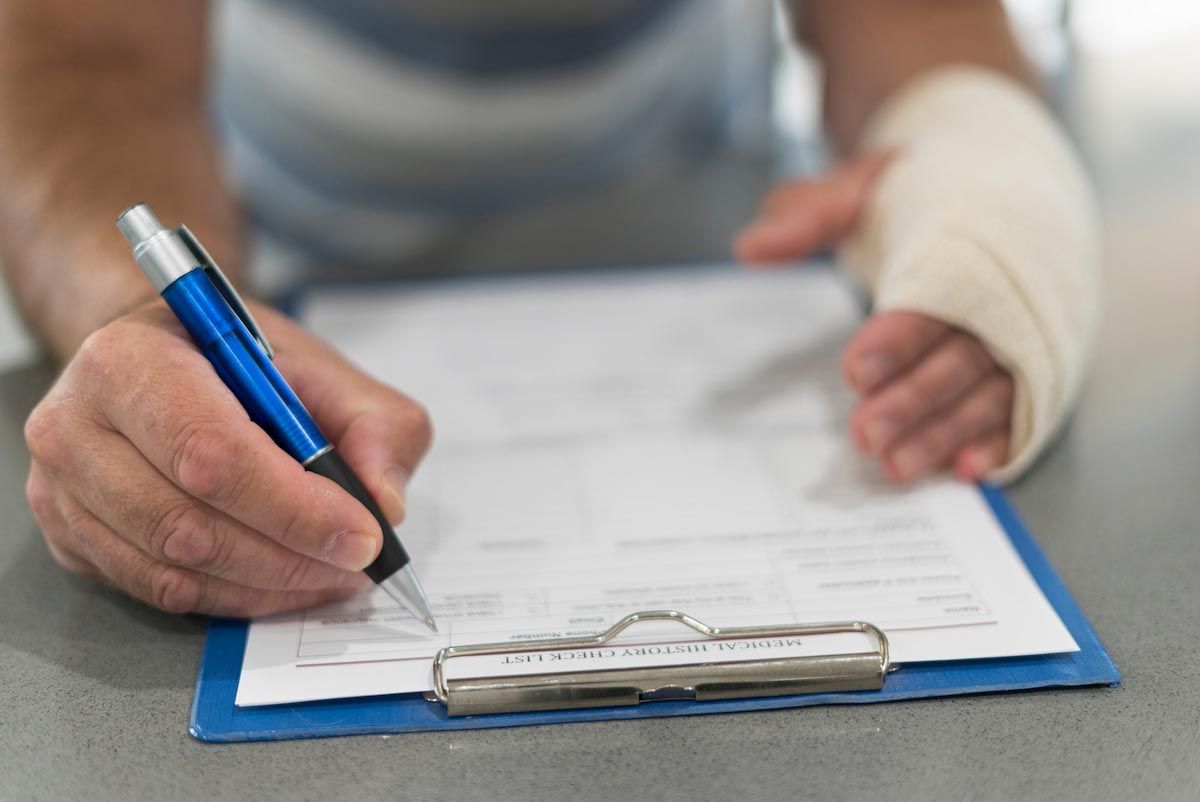Medical Malpractice: How to Pursue Justice for Your Injuries
Most of the time, when you go to a healthcare provider, it’s to cure an ailment; you feel sick, you make an appointment, they provide a service or treatment to make you feel better, and you go on with your life. Your appointment usually goes that smoothly, and you don’t give it another thought. But what if something out of the ordinary happens and things don’t go as smoothly as you think they should?
Unfortunately, some healthcare workers can make you feel worse instead of better, resulting in injury and, in severe cases, even death. Suppose you believe you or a loved one has been injured while seeking medical treatment. In that case, it is in your best interest to retain a medical malpractice attorney in Oregon as soon as possible.
Medical Error vs. Medical Malpractice
At the heart of all medical malpractice cases is determining whether the injury was due to medical error or medical malpractice. So, what exactly is the difference between the two?
A medical error is defined as a preventable adverse effect of care, whether or not it is evident or harmful to the patient. Medical error might include an inaccurate or incomplete diagnosis or treatment of a disease, injury, syndrome, behavior, infection, or other ailment.
On the other hand, medical malpractice is defined as a legal cause of action that occurs when a medical or healthcare professional, through a negligent act or omission. It must deviate from standards in the medical provider’s profession, causing injury or death to a patient. Negligence might arise from diagnosis, treatment, aftercare, or health management errors.
As you can see, the two definitions are startlingly similar. Simply put, medical errors are unintentional, while medical malpractice involves negligence or malice. In most cases, there is a very fine line between the two, which makes medical malpractice cases some of the most complicated claims to prove. To say these lawsuits are incredibly detailed would be an understatement, which makes it nearly impossible for someone without a law or medical degree to win. In fact, due to Oregon State’s complex and ever-evolving medical malpractice laws, even the most seasoned medical malpractice attorneys can find these types of cases difficult.
Starting the Process
Schedule your free consultation with Warren Allen, Attorneys at Law, and our team of experienced medical malpractice attorneys specializing in Oregon State law will be there for you. We can help you determine if your or your loved one’s injuries constitute a valid medical malpractice claim and help you seek justice for your injuries.
Several initial steps will be taken, including but not limited to:
- Making sure your claim meets the minimum criteria. Your medical malpractice claim must be filed within Oregon State’s statute of limitations, though exceptions exist. Since every case has different circumstances, be sure to consult with your medical malpractice attorney before assuming your claim is invalid.
- Initiating contact with those responsible for the incident. It is vital to understand what went wrong and explore potential remedies. Medical professionals are generally very cooperative and willing to provide the necessary services to address your issue, as they’d rather settle the dispute before it escalates to an official legal matter.
- Filing a claim with Oregon State’s medical licensing board. You should file this claim regardless of whether or not you choose to retain one of our medical malpractice attorneys in Oregon, as it will prompt an official investigation by Oregon State’s medical licensing board. That investigation will notify the medical professional in question, as well as the medical facility in which they are employed. The medical board’s investigation could significantly help your case, and it could even help move your settlement along faster. At the very least, it might possibly prevent injury to others while the investigation is underway.
- Reviewing and maintaining your claim details and paperwork. This sounds like a simple enough task, though it may be the most complicated step of all. Every piece of documentation relating to your case is important, including something as simple as a gas station receipt. Gathering as much evidence as possible, such as medical records, witnesses, testimonials, medical assessments, depositions, investigations, and any other additional resources along the way, will only strengthen your case.
- Be open to settling out of court. This benefits both parties, especially considering medical malpractice cases can be costly and lengthy, sometimes dragging on for months and possibly years. An astonishing 96 percent of these cases settle out of court with attorneys negotiating a reasonable monetary settlement. Your medical malpractice attorney will advise you on the best strategy for your particular case and help you make an informed decision, as it is ultimately up to you.
Legal Fees
If you’ve suffered from medical malpractice, you don’t need the added hassle of pursuing an ongoing and possibly costly lawsuit on your own. All of the details listed above can be extremely overwhelming, especially when you’re already suffering physical and/or emotional anguish – but you don’t have to do it alone. The attorneys at Warren Allen are here to relieve some of your burden and fight for you.
Our medical malpractice attorneys will navigate the labyrinth of Oregon State’s medical malpractice laws and the mountains of paperwork that come along with every medical malpractice claim while you focus on recovery. You may think you can’t afford a medical malpractice attorney, but I have good news for you! Our legal fees are contingent on your case settlement, so we don’t get paid unless you do.
Whether you’re just starting the medical malpractice process in Oregon State or have inquiries about your case, seeking sound legal advice is crucial. Schedule your free consultation with one of our medical malpractice attorneys in Oregon today, and let the legal experts at Warren Allen, Attorneys at Law, address all of your concerns.




